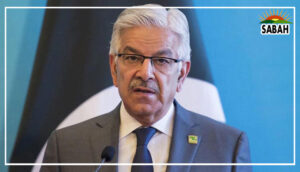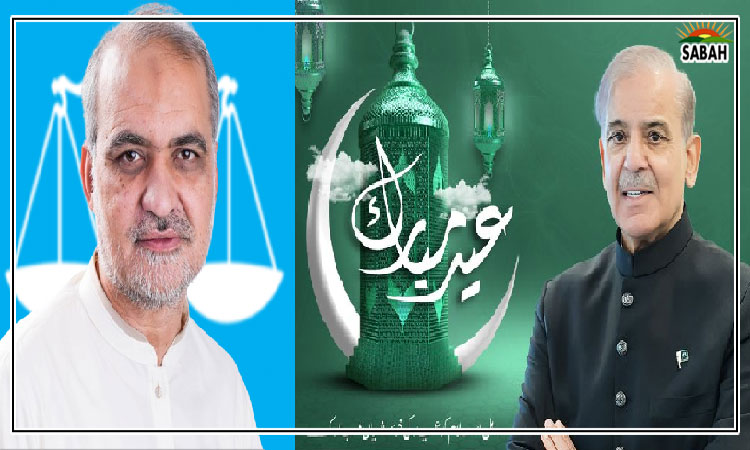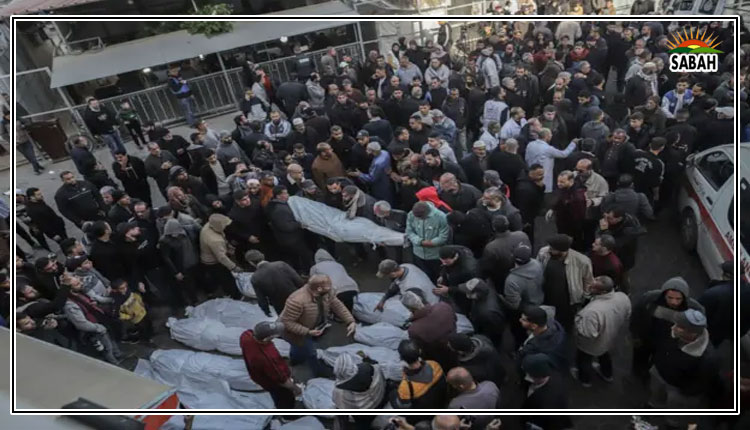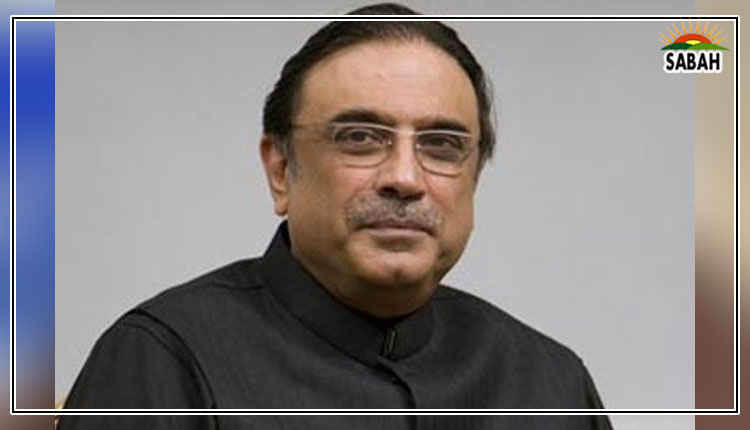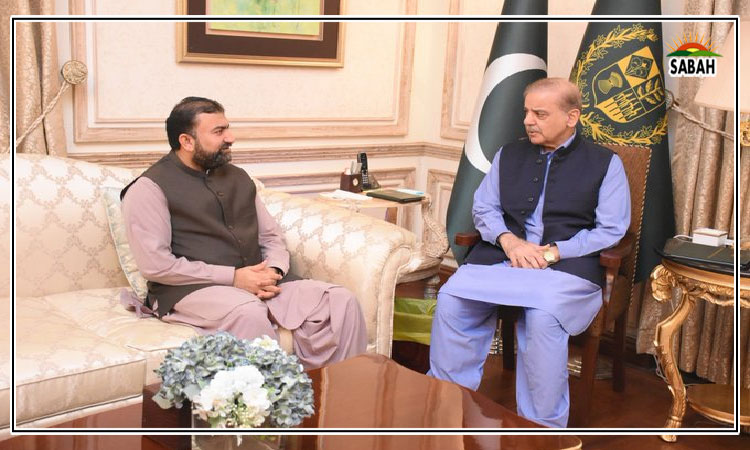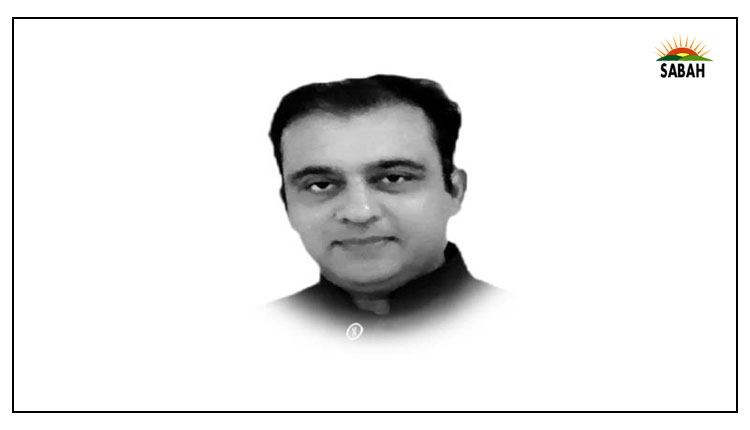Pakistan’s balancing act…. Kamran Yousaf
The Ukrainian Foreign Minister undertook his maiden visit to Pakistan last week. This was the first ministerial visit from Ukraine since the two countries established their diplomatic ties in early 90s. The visit of Dmytro Kuleba came at a time when the Russia-Ukraine conflict is raging with no end in sight.
Pakistan has publically maintained a “neutral” stance on the conflict. It has resisted pressure from the West to condemn the Russian invasion but has also dispatched humanitarian assistance to Ukraine. Pakistan has abstained from resolutions at the UN General Assembly condemning Russia. The US and its western allies have pushed Pakistan to change its stance. Pakistan, instead, recently imported the first shipment of oil from Russia and is keen to deepen ties with Moscow.
Against this backdrop, the Ukrainian FM’s visit was closely watched by the Western capitals and Moscow. The entire visit was carefully choreographed. The Pakistani side was very cautious not to make any gesture that would compromise its ‘non-partisan’ approach. There were in-house discussions whether Foreign Minister Bilawal Bhutto should address a joint news conference with the visiting Ukrainian Foreign Minister. The reason behind this consideration was that Pakistan must not be seen as a party to the Russia-Ukraine conflict.
However, the two foreign ministers did address a joint news conference. Mindful of the sensitivities of Ukraine and its Western allies, Bilawal in his opening remarks did express serious concerns over the loss of lives in the Ukrainian conflict.
“We discussed the situation in Ukraine. I shared with the foreign minister our deep concern on the prevailing situation and offered our condolences over the loss of precious lives and immense human sufferings,” Bilawal remarked in carefully chosen words.
He also referred to Pakistan’s move to dispatch humanitarian aid to Ukraine despite facing its own economic challenges. “We believe that prolonged conflict brings immense hardships and suffering to the civilian population. We hope therefore the peace would prevail so the people of Ukraine and Russia can enjoy peace dividends,” he stressed.
Bilawal went on to say, “In our meeting I emphasised the importance of peaceful resolution of disputes and conflicts through dialogue and engagement and Pakistan’s readiness to support peace initiatives which can bring peace in the region.”
Pakistan and Ukraine have longstanding defence cooperation dating back to 1996. Pakistan procured main battle tanks from Ukraine and other defence equipment from Ukraine. At one point Pakistan was one of the main customers of Ukraine. Against the backdrop of this relationship, reports have been doing the rounds that Pakistan has been supplying arms to Ukraine against Russia. Bilawal, however, strongly rejected such reports and insisted that the two countries have not entered into any new arrangement since the conflict began. That view was also endorsed by the Ukrainian Foreign Minister. What was evident from the statements of both the foreign ministers was that they were prepared for this question and their answers too were well coordinated. Certain reports suggested that Pakistan might not be directly supplying arms to Ukraine to avoid any backlash from Russia but it might be routing it through a third country.
While the Ukrainian foreign minister denied having any arms supply deal with Pakistan, he did wish to seek Islamabad to be on the side of Kiev.
The Ukrainian FM’s visit is seen as a balancing act on the part of Pakistan to accommodate the West’s concerns. Pakistan’s relations with Russia may have seen a dramatic shift in recent years but Europe, which considers the Russian invasion as existential threat, is also key for Islamabad. The EU is the second largest trading partner of Pakistan. The country has greatly benefited from the GSP plus status. In 2022 Pakistan exported goods worth over 8 billion euros because of that status. Therefore, the visit of the Ukrainian FM was a message for the West that Pakistan understood their concerns.
Courtesy The Express Tribune, July 24th, 2023.



